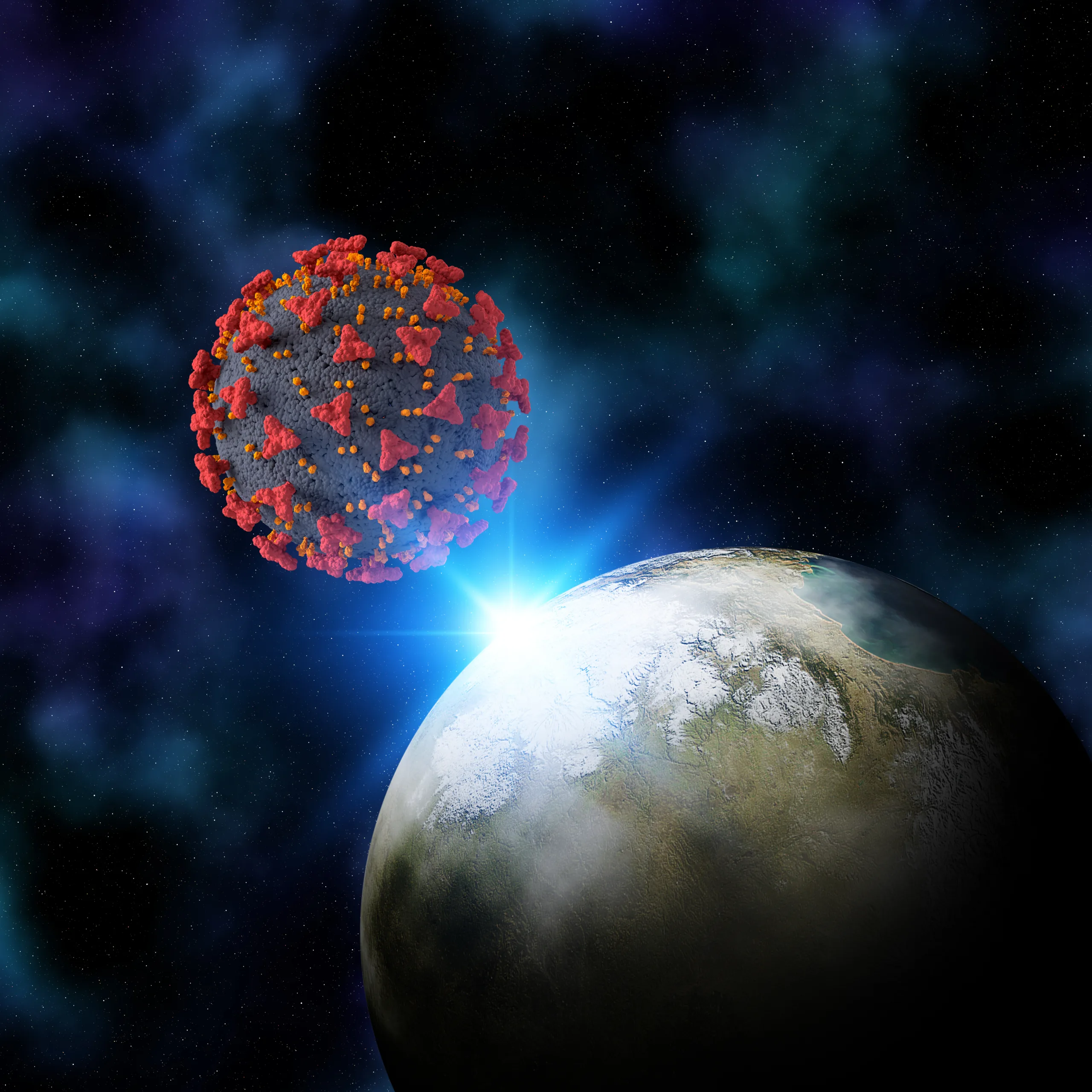The COVID-19 pandemic has been a global challenge, affecting individuals in various ways, from asymptomatic cases to fatal outcomes. Researchers at the Institut Pasteur, CNRS, and the Collège de France, in collaboration with scientists worldwide, have embarked on a groundbreaking investigation into the diverse immune responses to SARS-CoV-2 observed in populations across Central Africa, Western Europe, and East Asia. Their findings, published in Nature, shed light on the crucial role of latent cytomegalovirus infection and human genetic factors, shaped by natural selection, in driving differences in both immune responses to SARS-CoV-2 and the severity of COVID-19. Understanding these factors can offer valuable insights for future epidemic management.
Exploring the Diversity of Immune Responses:
The clinical spectrum of COVID-19 is wide-ranging, and factors such as age, gender, comorbidities, and genetic and immunological variations contribute to disease severity. To comprehensively study immune responses to SARS-CoV-2 across diverse populations, researchers exposed immune blood cells from 222 healthy donors representing Central Africa, Western Europe, and East Asia to the virus.
Through single-cell RNA sequencing, scientists analyzed how 22 types of blood cells responded to SARS-CoV-2. This data, combined with genetic and serological information, provided a glimpse into the extent of population disparities in immune responses and the contributing factors.
Environmental Influences on Blood Cell Composition:
Approximately 900 genes were found to respond differently to SARS-CoV-2 across populations. The study revealed that much of this disparity can be attributed to variations in blood cell composition, which differs among populations. Notably, environmental factors like exposure to cytomegalovirus, a common human herpes infection, played a role. For example, Central Africans exhibited 99% seropositivity, while East Asians had 50%, and Europeans had 32%. Latent cytomegalovirus infection influenced the immune cell response to
SARS-CoV-2.
Genetic Variants Shaped by Evolution:
Researchers identified around 1,200 human genes influenced by genetic factors in their response to SARS-CoV-2. The frequency of alleles regulating these genes varied across populations. Population genetics analyses unveiled recurrent selection events targeting genes involved in antiviral functions. For instance, coronaviruses exerted strong selective pressures around 25,000 years ago in people of East Asian ancestry.
Ancient Neanderthal Connections:
Between 1.5% and 2% of European and Asian genomes have Neanderthal origins. This study established links between genes altering antiviral mechanisms and ancient introgression between Neanderthals and modern humans. These genes are connected to the severity of COVID-19, emphasizing the impact of genetic variants on immune responses and disease risk.
Towards Precision Medicine and Future Insights:
By understanding the precise cellular and molecular pathways influenced by genetic variants related to COVID-19 severity, this research lays the groundwork for precision medicine strategies. These strategies could identify high-risk individuals or pave the way for new treatments. The study, funded by various institutions, provides a comprehensive view of the factors influencing population disparities in immune responses and disease outcomes during the pandemic.




















